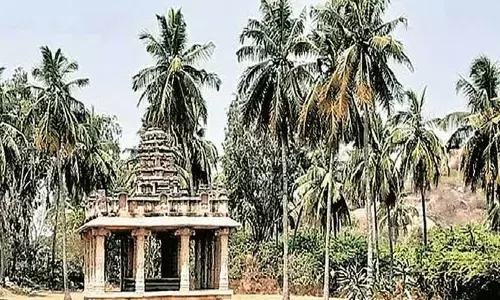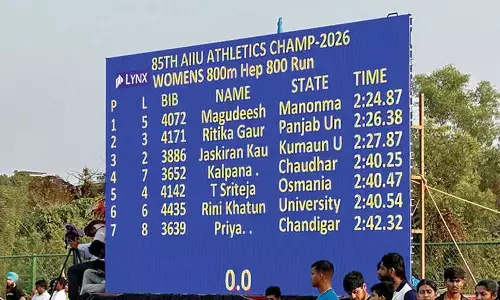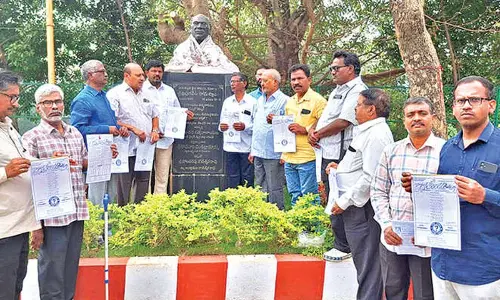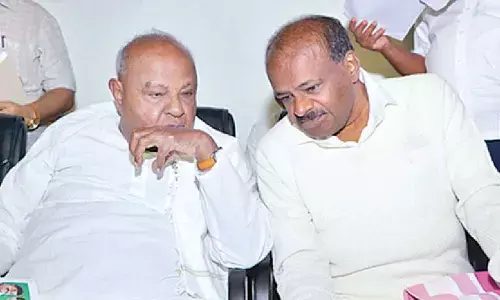What is NJAC?

What is NJAC. The National Judicial Appointments Commission (NJAC), whose constitutional validity has been challenged, will not make fresh appointments of judges to higher judiciary till the issue is settled, the government on Thursday told the Supreme Court.
The National Judicial Appointments Commission (NJAC), whose constitutional validity has been challenged, will not make fresh appointments of judges to higher judiciary till the issue is settled, the government on Thursday told the Supreme Court. The NJAC will only deal with appointment of existing additional judges of High Courts, whose tenures are ending during pendency of the controversy, the Court said.On April 13, the NDA government finally notified the Ninety-Ninth Constitutional (Amendment) Act and the National Judicial Appointments Commission (NJAC) Act, thus ending the over two-decade-old collegium system of appointing judges of Supreme Court and high courts.
.jpg)
The NJAC Bill was passed by both the Houses of Parliament in August 2014. Till December 2014; it was ratified by the Legislatures of 16 States, thus crossing the 50 percent ratification needed by the States in case of a Constitutional Amendment Bills as per Article 368 of the Constitution. The President Pranab Mukherjee on 31 December 2014 signed National Judicial Appointments Commission Bill, 2014. With this, National Judicial Appointments Commission Act, 2014 has come into effect, replacing collegiums system to appoint judges of higher judiciary.
Under the new law, a six-member panel – National Judicial Appointments Commission (NJAC) – headed by the Chief Justice of India and which will include two senior-most Supreme Court judges, Union Minister of Law and Justice and two “eminent persons” nominated by a committee comprising the Prime Minister, CJI and Leader of Opposition in the Lok Sabha or leader of the largest opposition party in the Lok Sabha will select judges of the apex court and state high courts.
The executive has an equal role in the appointment of judges to the highest judiciary, as a constitutional body. Now the judges in the Supreme Court and the High Courts will be appointed by the President in consultation with the NJAC. Once the NJAC is in place, then Union government has to intimate NJAC within 30 day about the vacancies in the Supreme Court and the High Courts. Vacancies to come up within the next six months should also be intimated to the commission in advance.

















